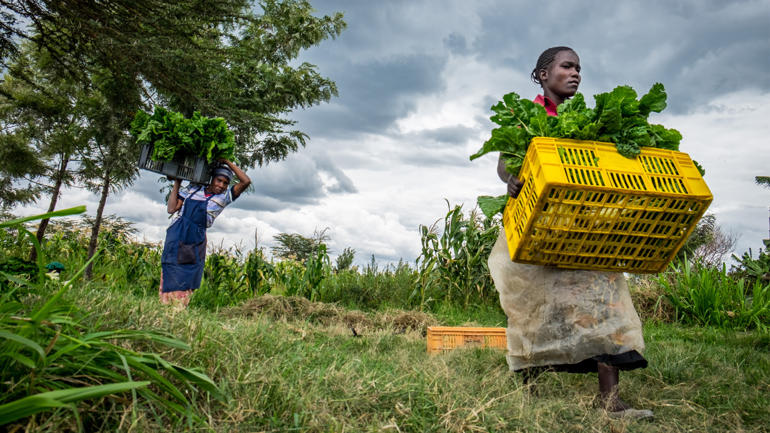Geneva, 14 July 2020: COVID-19 and its effects are felt throughout the world. First and foremost a human tragedy, the pandemic has required unprecedented public health measures across all geographies, with business shutdowns and stay-at-home policies disrupting the global economy at a scale never seen in our lifetime. The crisis has limited the operations of many businesses and has had implications for employees, supply chains, cash flows and investor returns. At the same time, it has also highlighted the importance of effective and sustainable continuity planning for business resilience.
As governments start to ease restrictions, companies need to manage both the operational and financial challenges, as well as a return to work in drastically different conditions. Through this “reopening”, companies need to consider different scenarios that illustrate the potential trajectory of their recoveries. There is also an opportunity for businesses to enhance their resilience to our new COVID reality, future pandemics and other potential shocks.
This pandemic has also brought topics of sustainability and inclusion to the forefront among a variety of stakeholders (employees, investors, consumers, governments, etc.) as it reveals the interconnections between business and society and strengthens the stakeholder capitalism paradigm.
In the context of our COVID-19 Response program, we have collaborated with Boston Consulting Group (BCG) to develop a guidance framework and checklist tool to support companies in managing both the operational and financial challenges as well as a return to work in different scenarios.








